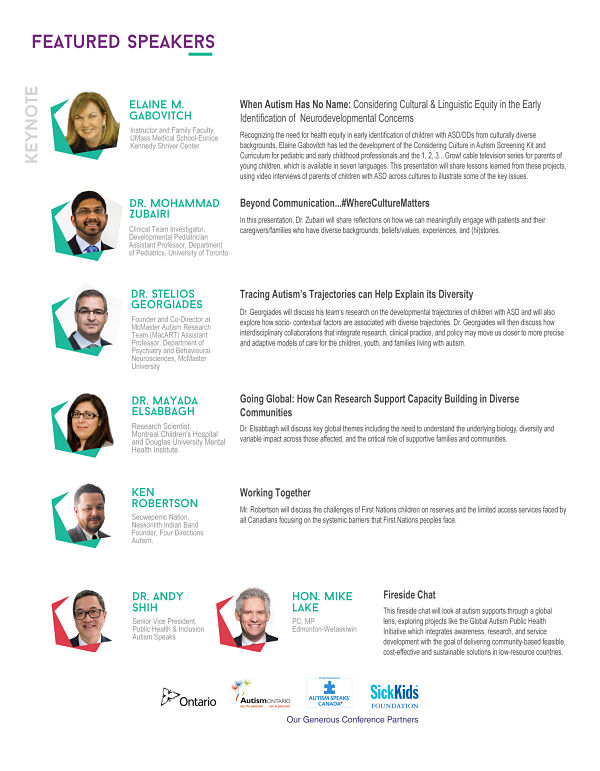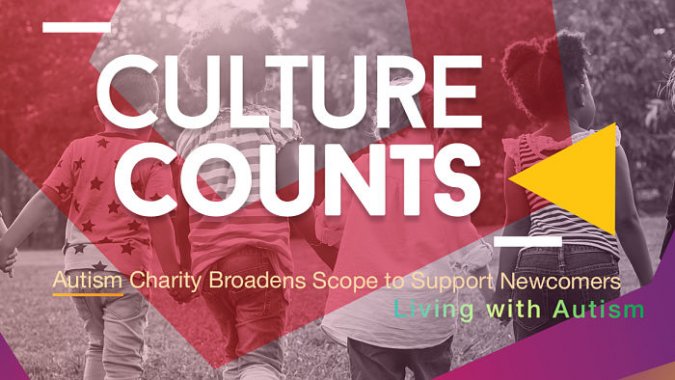
The Journey
“I remember when it was just a few students and volunteers in my basement having dance lessons,” reminisces Geetha Moorthy, Executive Director of the SAAAC Autism Centre. She has come to her centre’s new 11,000 sq ft facility located in Toronto’s east end to check in on renovations. “We’re working hard to make this the best autism centre possible. All this space will definitely help.”
Geetha founded SAAAC in 2008, as a response to the shame and silence associated with special needs, especially Autism, in the Tamil community. Autism, a neurodevelopmental disorder which impacts brain functioning and development, affects 1 in 68 children annually – making it the most diagnosed developmental disorder in Canada. With no cure for autism, families rely heavily on various treatments to help their children live meaningful, independent lives.
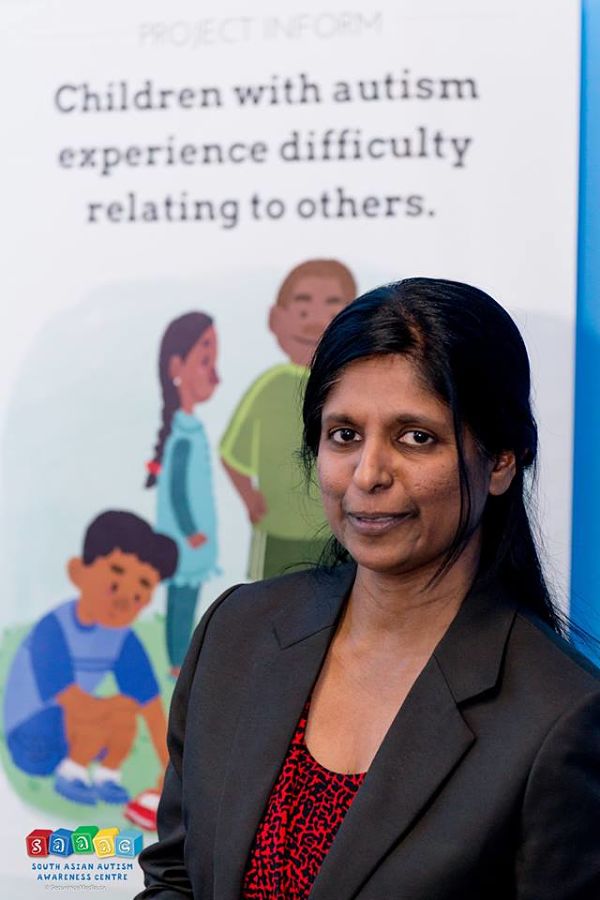
“There were just too many families who were not getting help. They didn’t know where to go and in the process were losing valuable time in helping their children,” says Geetha. “It didn’t help that our community had a lot of misinformation and stigma surrounding Autism. It did a lot of damage. It made getting support difficult.”
Over the course of 10 years, Geetha, along with passionate volunteers, have transformed a grass-roots community group into a multi-disciplinary centre made up of health and social service professionals offering diverse programming, supporting more than 250 families annually.
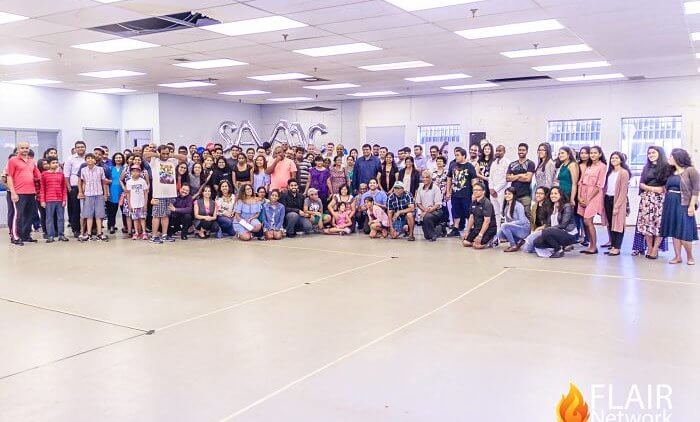
“It’s definitely been an incredible journey,” says Geetha. “But I tell everyone I meet that SAAAC isn’t made possible just by me or the staff. This is truly a community agency. This place was built and developed by hundreds, maybe even thousands of people – from our amazing volunteers to donors and grantors to the families we serve. SAAAC is truly a story of many.”
Moving Forward
SAAAC, entering its 10th year, is looking to become more ambitious in its scope. “The shame, silence, misinformation, and other barriers to access Autism support is not exclusive to the Tamil or South Asian communities as a whole,” says Geetha. “Many newcomers to Canada face these challenges.”
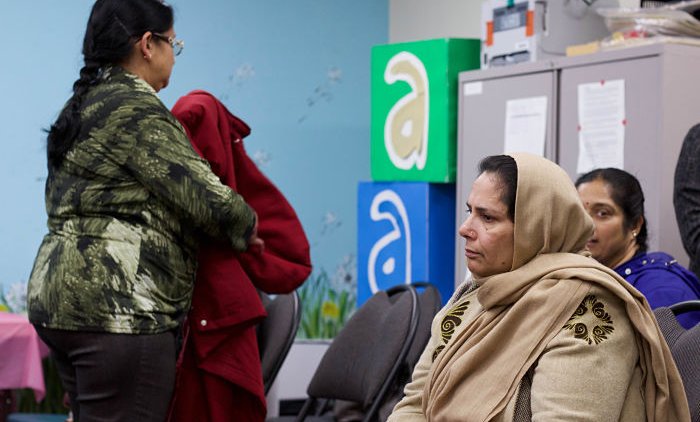
The province of Ontario mandates the need for a diagnosis of Autism in order to receive government funded early treatment services, but research shows that many children from minority groups are often diagnosed very late relative to children from non-minority groups. They are also enrolled in early support programs later. The failure to seek a formal identification of Autism, through diagnosis, can seriously hurt a child’s progress as well as the parent’s capacity to cope with the disorder.
“As we move ahead, we want SAAAC to support all communities who have challenges accessing Autism support,” says Geetha. “Language, financial restraints, and cultural stigmas should not stand in the way of children getting much needed services.”
As part of SAAAC’s 10-year celebration, the centre is organizing its first ever conference to engage with issues faced by newcomer communities impacted by ASD.
Culture Counts Autism Conference
“We’re living in a city, province and even country whose racial and ethnic make-up is changing drastically,” says Geetha. “When that is the case, health care systems and providers need to respond to different perspectives, values, and behaviors connected to healthy child development.”
The Culture Counts Autism Conference will bring together a range of perspectives from individuals and organizations who have been tackling issues facing marginalized families living with ASD and other developmental disabilities. The conference will also explore promising culturally responsive autism practices and programming new to the field.
Elaine Gabovitch, Director of the Division for Children & Youth for Special Health Needs at the Massachusetts Department of Public Health, will be providing the keynote address at the conference. Elaine helped develop the Considering Culture in Autism Screening Kit and Curriculum for pediatric and early childhood professionals and the 1, 2, 3…Grow! cable television series for parents of young children. Her work was a response to the need for health equity in the early identification of children with ASD/DDs from culturally diverse backgrounds.
The conference will also highlight issues facing First Nations and accessing Autism services. The talk will be provided by noted advocate Ken Robertson, who moved his family 4,000 kilometres from his home on a British Columbia reserve to Toronto so his children could receive care for Autism. His current work looks to support Aboriginal families living with ASD and encourage all levels of government to get a clearer picture of the support needs for off-reserve First Nations, Inuit, non-status and Métis children.
“I am truly excited about this conference,” says Geetha. “My hope is that this event will help begin changes in policies and practices within community and health organizations that can better support newcomers living with autism.”
The Culture Counts Autism Conference is part of the SAAAC Summit – a unique 2- day event organized to celebrate SAAAC’s 10 year anniversary. For more information on this very special weekend, visit www.saaacsummit.com
SAAAC: WWW.SAAAC.ORG
Conference: http://bit.ly/
Study: https://www.ncbi.nlm.
